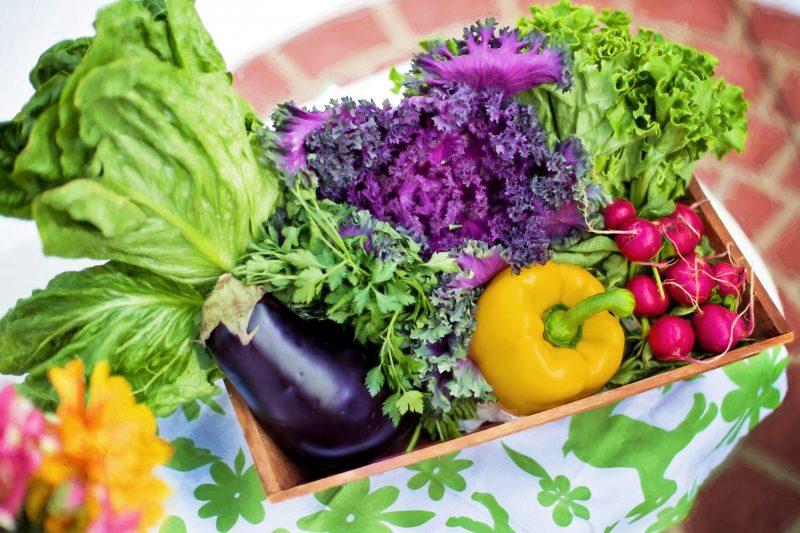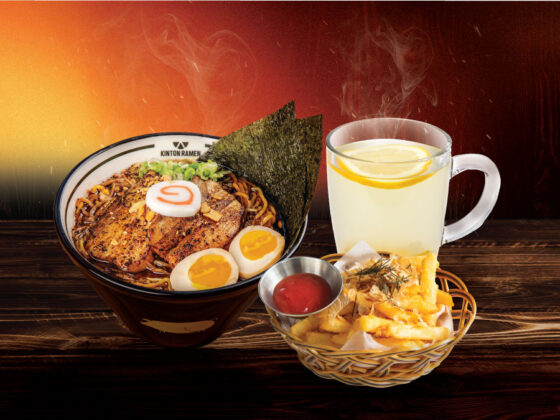Have you ever stood at the grocery store comparing two similar-looking apples, wondering why one was marketed as organic and the other was not?
You wouldn’t be the first! It’s common to come across labels that claim something’s organic, even if the product looks exactly the same as a non-organic product.
So, what is it exactly that makes a product organic? And is it possible to grow your own organic food?
ADVERTISEMENT |
We’re here to fill you in! Keep reading below to learn the basics of organically grown food!
What Makes Food Organically Grown?
Organic food is grown and produced to be as natural and chemical-free as possible.
That means the food is grown without the use of artificial chemicals, hormones, antibiotics, and genetically modified organisms (GMOs). They’re also produced without any artificial food additives.
The USDA states that, in order to be organic, synthetic products can’t be used to aid growth. That means synthetic pesticides, herbicides, and fertilizers cannot be used to grow organic products.
ADVERTISEMENT |
Many common pesticides can’t be used for organic farming. Instead of using an artificial pesticide, a farmer can use a natural pest deterrent, like neem oil, to grow their produce organically. Additionally, manure is often used as a natural fertilizer in organic gardens.
What Organic Products Are Available?
Typically, people assume that only produce can be organic. However, that’s untrue.
You can buy anything from organic tomatoes to organic eggs to organic beef!
There are even plenty of snack foods emerging that are produced with only organically sourced ingredients.
What Are the Benefits of Organic Food?
If you want to cut down on your consumption of GMOs and artificial substances, switching to organically grown food is a perfect solution.
ADVERTISEMENT |
Along with being a natural alternative to many products you’ll find on the grocery store shelves, organic food also benefits our environment. Practicing organic farming leads to healthier soil, less pollution, and better irrigation.
How to Grow Your Own Organic Food
There are plenty of ways to implement your own organic growing practices if you plan on starting a vegetable garden or want to raise livestock, such as goats or chickens.
If you plan on growing produce, focus on the basics. Get rid of the chemical-ridden fertilizers in your shed. Opt for more natural fertilizers, such as grass clippings and manure. A compost pile makes a great addition to any backyard, and the compost can then be used to fertilize your garden!
ADVERTISEMENT |
There are plenty of natural pesticide alternatives that you can make at home. Most are simple to make, such as sprays made with ingredients like eucalyptus oil or chile pepper.
Raising animals organically isn’t overly complex either. Purchase organic-friendly feed and let your animals graze in order to maintain organic practices.
A Green Alternative
While GMOs and antibiotics can certainly be useful in certain products, it’s still nice to know what exactly your food is comprised of. Organically grown food is transparent when it comes to additives and ingredients—what you see is what you get!
ADVERTISEMENT |
Organic food is less complicated to grow than people may think. If you’re considering going organic yourself, the information above can get you started on your path!
Browse our online magazine for some more healthy lifestyle tips!






